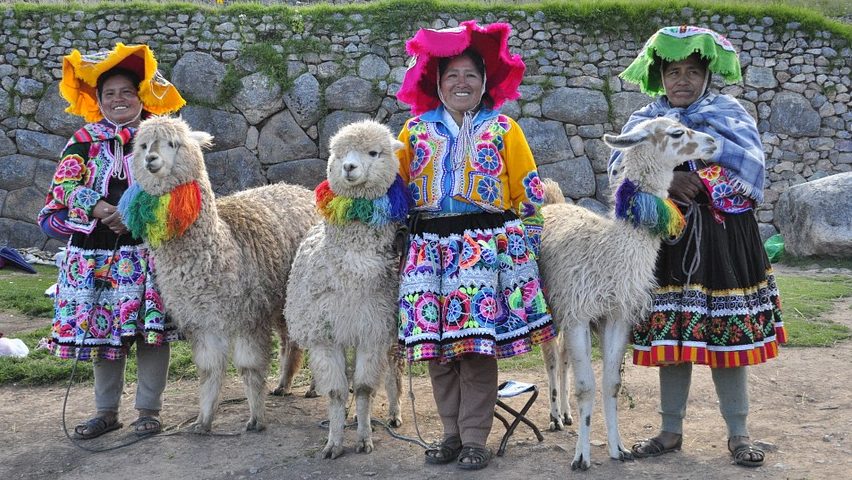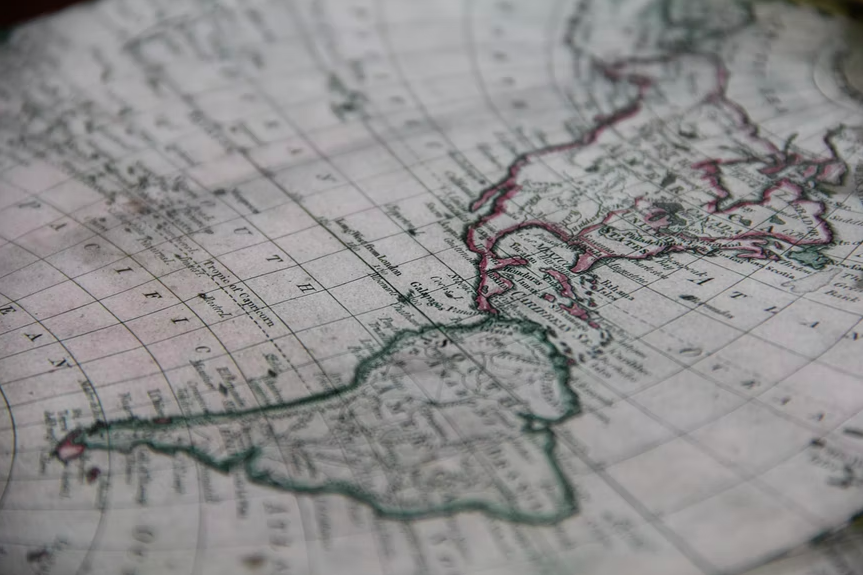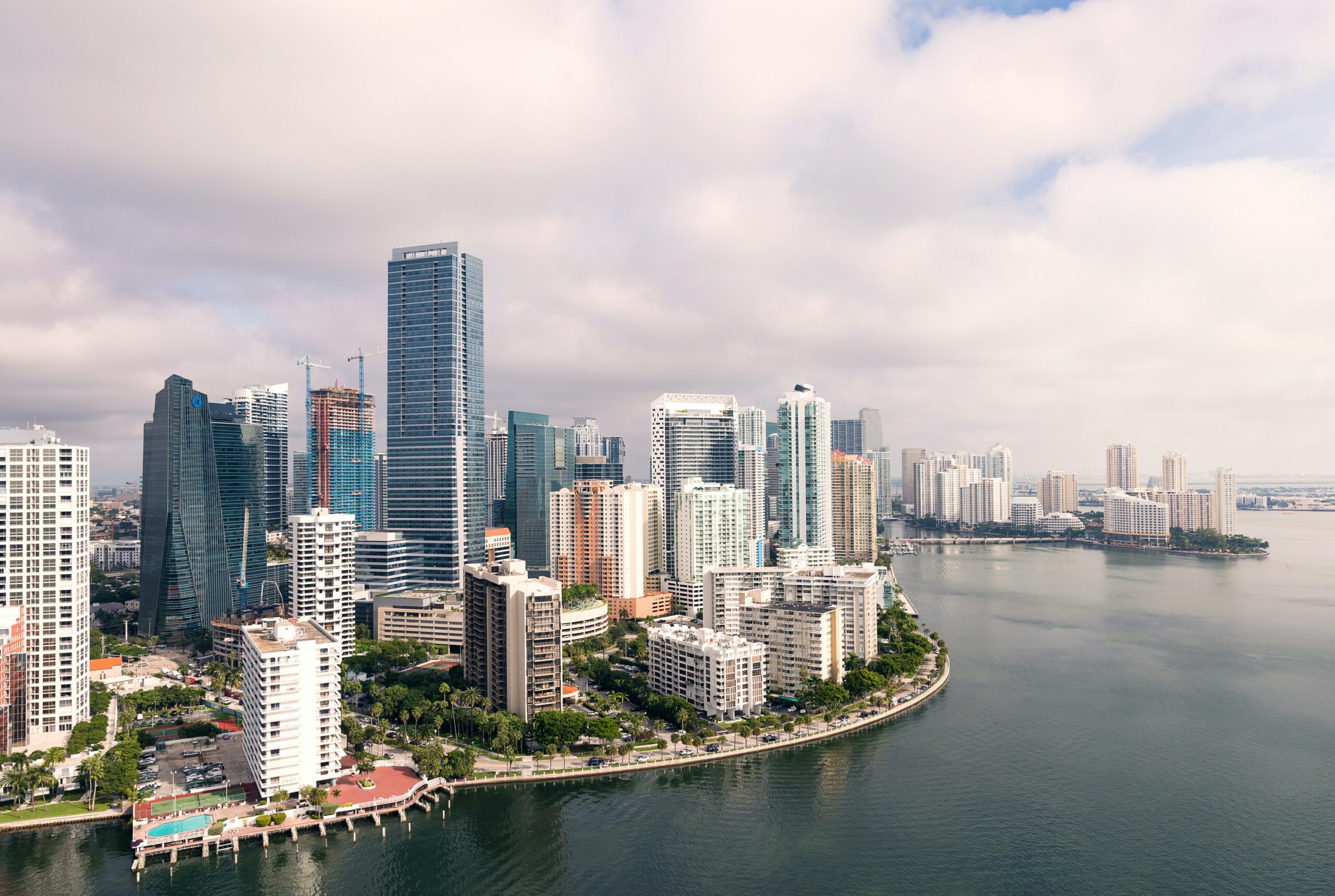Peru’s colonial town, Arequipa, is world’s third most vulnerable to volcanic activity
Being surrounded by three volcanoes gives Arequipa a stunning backdrop that could rival any city in the world in terms of beauty. But it also makes it one of the world’s most vulnerable cities, according to a new study.
Findings from Peru’s Institute of Geology, Mining and Extraction (Ingemmet) show that Arequipa ranks third in the world in measurements of vulnerability to volcanic activity. For example, a potential eruption from Misti Volcano could see high levels of ash, rock fall and molten lava quickly reach the city centre. The report further attempts to explain how the small city could prepare for and prevent devastating damage if a nearby volcano does erupt.
The study included a 3D map given to authorities in the region that shows the most dangerous areas in case of an eruption at Misti. This was meant to not only plan for evacuation scenarios but also for future urban planning, as areas shown in red below should be avoided for any further development projects.
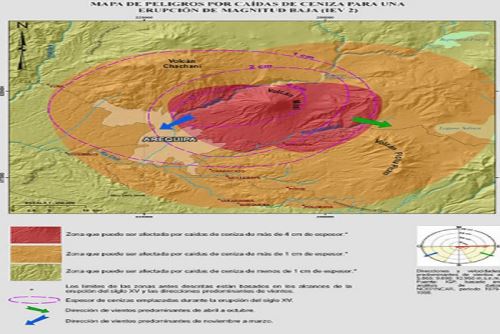
The project was shared with local municipalities, health agencies, and educational institutions like private and public universities.
Unfortunately, existing infrastructure in the colonial-style capital of Arequipa already sits in at-risk zones. These include hospitals, schools, a bus terminal and centres of commerce. The Chili River and some five hydroelectric posts could also be affected in a potential eruption from Misti or the other surrounding volcanoes.
The map study was based off how quickly the city would be affected by volcanic activity.
Misti, which stands at an enormous 5,822 above sea level, last erupted between 1984 and 1985. Currently considered dormant, Misti is just 17 kilometres (about 10 miles) away from the city of Arequipa, which houses over a million people.
Those interested can download the 3D map study at the following link: https://goo.gl/6ahgXE.

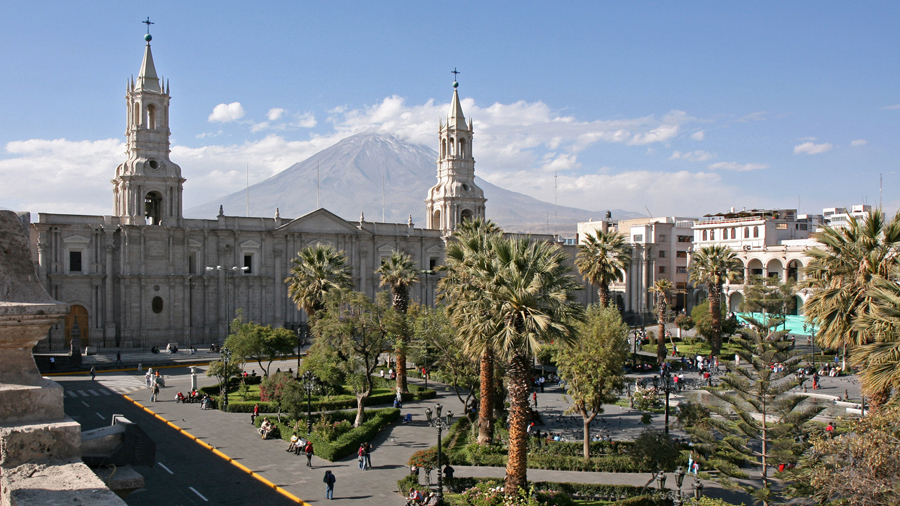
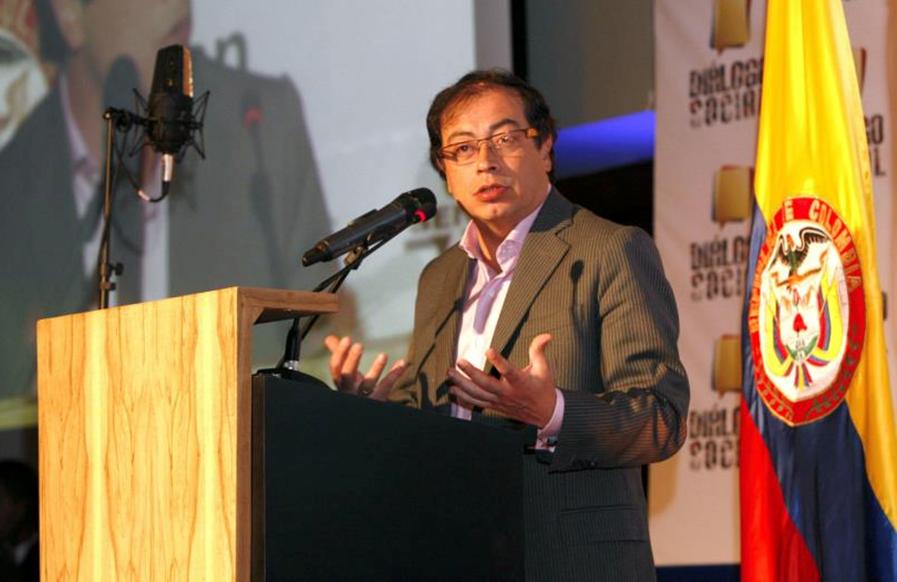
 Associated with a progressive leftism within the political sphere, 58-year-old Gustavo Petro’s ideologies appeal to change and democratic reform. His policies speak to lower-class Colombians through his stance on workers rights, tax reform and free healthcare and one of his largest campaign messages address the environment and a future of agricultural prosperity for the country. In essence, the way this prospective President is identified and the vehemently populous strand which has placed him in this position relays a somewhat Corbyn-esque feel which was strongly demonstrated throughout the night.
Associated with a progressive leftism within the political sphere, 58-year-old Gustavo Petro’s ideologies appeal to change and democratic reform. His policies speak to lower-class Colombians through his stance on workers rights, tax reform and free healthcare and one of his largest campaign messages address the environment and a future of agricultural prosperity for the country. In essence, the way this prospective President is identified and the vehemently populous strand which has placed him in this position relays a somewhat Corbyn-esque feel which was strongly demonstrated throughout the night.
 In the run-up to the eagerly anticipated appearance of Petro, the stage then played host to a number of other prominent faces who rallied their support for the presidential candidate. Of the first was well known Afro-Colombian leader and activist, Francia Elena Márquez who expressed her excitement at the prospect of Angela Maria Robledo becoming the first female Vice President of the country. To the chants of ‘mas educación, menos policía,’ Colombian author, screenwriter and journalist Gustavo Bolivar also relayed his support for the Petro movement. Handing the microphone to Colombian actor, Gregorio Pernia, his impassioned words left him almost speechless and incredibly tearful to which someone behind me jokingly gave credit to his excellent acting skills at that moment.
In the run-up to the eagerly anticipated appearance of Petro, the stage then played host to a number of other prominent faces who rallied their support for the presidential candidate. Of the first was well known Afro-Colombian leader and activist, Francia Elena Márquez who expressed her excitement at the prospect of Angela Maria Robledo becoming the first female Vice President of the country. To the chants of ‘mas educación, menos policía,’ Colombian author, screenwriter and journalist Gustavo Bolivar also relayed his support for the Petro movement. Handing the microphone to Colombian actor, Gregorio Pernia, his impassioned words left him almost speechless and incredibly tearful to which someone behind me jokingly gave credit to his excellent acting skills at that moment. The most prevalent messages that Petro delivered touched upon Antioquia’s history; the time of Escobar; the true benefits of change for places such as Comuna 13; conflicts with Mexican cartels; and issues with the United States whilst also urging for a future of co-existence and why peace should be now. Already deep into the evening, it was near the end of the rally that the crowd were encouraged shine the light from their mobile phones, in a vigil-esque motion that was relatively unusual for political events of this nature but one that signalled solidarity nonetheless.
The most prevalent messages that Petro delivered touched upon Antioquia’s history; the time of Escobar; the true benefits of change for places such as Comuna 13; conflicts with Mexican cartels; and issues with the United States whilst also urging for a future of co-existence and why peace should be now. Already deep into the evening, it was near the end of the rally that the crowd were encouraged shine the light from their mobile phones, in a vigil-esque motion that was relatively unusual for political events of this nature but one that signalled solidarity nonetheless.